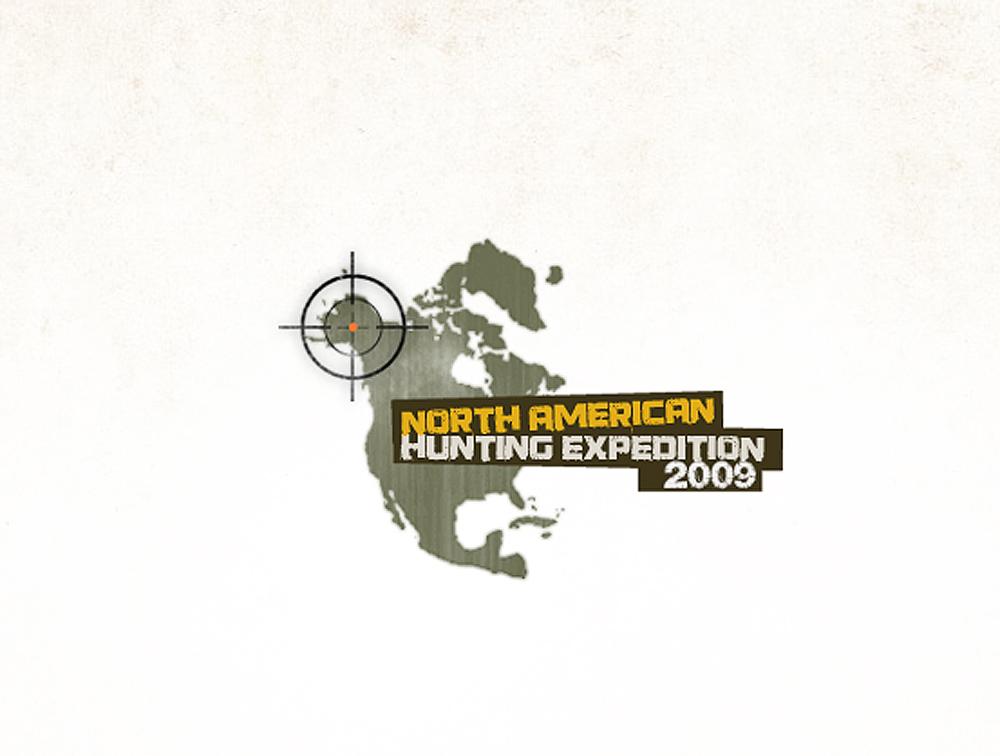18th August
They have said the plane will leave at 9.30, and they stick to the timetable. Deadhorse says goodbye, as it said hello: with wind, rain and cold. As for the Prudhoe Bay Hotel, the only good memory I shall have of it is the unlimited availability of food.
Yesterday, I found out that on internal flights Alaska Airlines allows you to check in three items of luggage, as opposed to the normal two. It's a hunter-friendly rule; the company must have realised that, in Alaska, people need more equipment than in other parts of the States.
After my substantial, and long-awaited breakfast, I leave the hotel to find someone to drive my heavy cases over to the airport, 200 ft away. There are many hunters waiting around: those who started hunting at the beginning of the season are now on their way home. The plane is a Boeing 737 - at last, a proper jet, not another of those propeller-driven oddities. First, we fly to Barrow, where various passengers, their luggage and some cargo, are deposited. New passengers get on, and the next stop is Anchorage.
This is really a huge country. To illustrate these distances: I left from Deadhorse, one of the most northerly settlements, and we have now flown around 800 miles, and are still a long way from the state's southern border. I said country, but, of course, Alaska is part of the USA, one state of many. Nevertheless, the people I have talked to up here say that they are first and foremost Alaskans rather than Americans. For many, the rest of the States has no interest. It is far away, and has very little effect on their lives. Up here, they rely on each other, rather than "America".
They are proud, self-reliant people that I took to very quickly.


Chapter II.: Hunting in the Alaskan Arctic
Page 61
Small airplanes are wonderful machines, much appreciated by everybody who loves the wilderness. Without them life and hunting, would be very difficult. I was just beginning to wonder why the plane was wating so long at Barrow, as I was anxious to sink into the the Hilton's jacuzzi after so many nights spent in a sleeping-bag, when it suddenly occurred to me that, a hundred years ago, this journey would have taken a gold-prospector at least a year. I love the planes because up here they make so many distant places accessible to me, so all I have to worry about is the hunting; then they fly me back and I am able to recharge my batteries. 67% of the state can only be reached by plane. You can wake up in the morning in a lonely, remote hunting camp, and by that evening be back in the city having a delicious dinner in the Hilton. It is this dual aspect of life in Alaska, found here and nowhere else in the world, that I have completely fallen in love with.
It reminds me of colonial Africa, where, even in the glittering hotels, you could still hear the deep roar of the lions out in the wilds. This dual nature characterizes the Alaska of today: total remoteness co-existing with luxury living; both extremes being separated by vast distances.
And now I am back at my starting point, the Expedition Headquarters. At my request I was given room 2162 once more, and the first thing I do is to watch the harbour traffic. Right now the tide is very high, and the river, where people had been fishing when I was here before, has disappeared. Now, the whole area is covered by water. I'd forgotten how high the tide can get.
There was a stack of emails waiting for me, one of which tells me that the Nightforce riflescope has arrived at the Alaskan Tactical Security Shop. I will arrange for them to have it delivered to the hotel tomorrow. They are a long way away, and I don't feel like going to collect it.
I give my clothes to the hotel laundry service, and start copying my hand-written diary on to my notebook. As I have arrived back at an earlier date than I planned, I contact Cabela's to tell them to make the necessary payment to the hotel.







